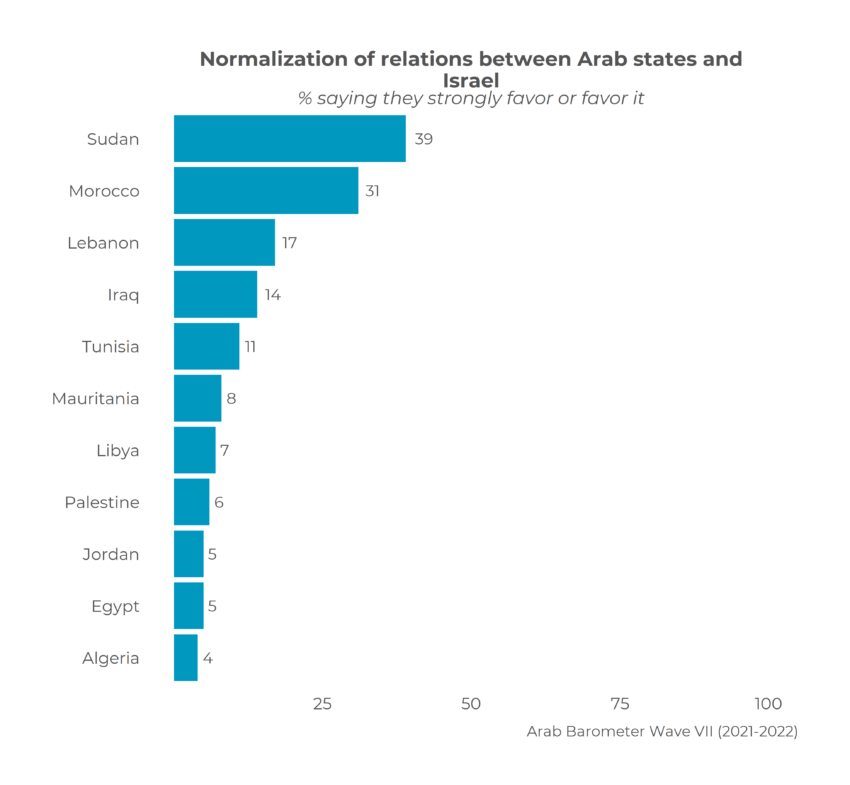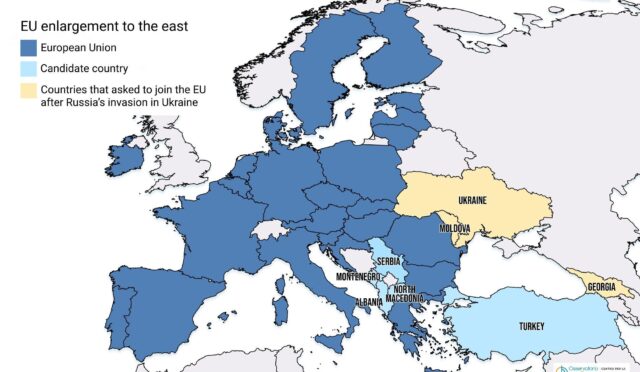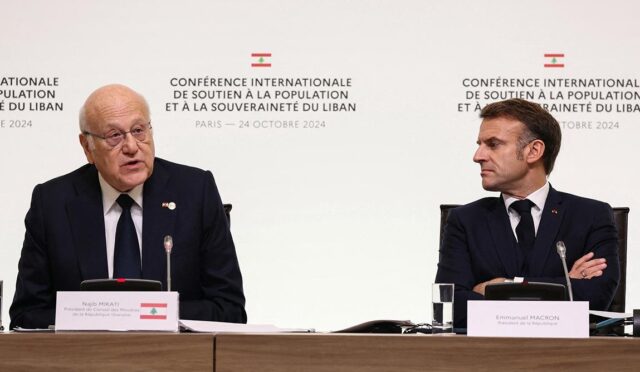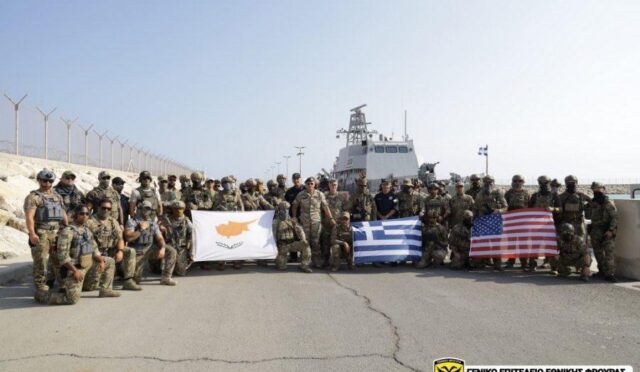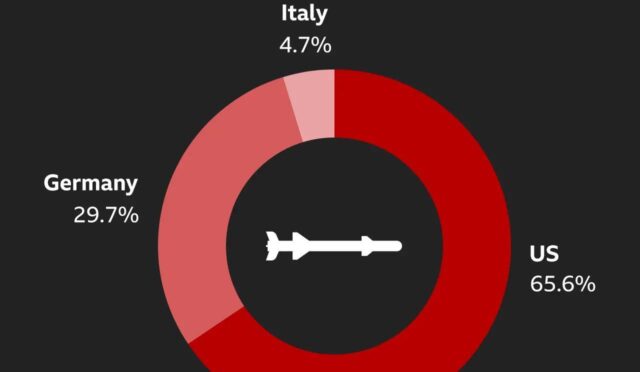Normalization with Israel: Aoun’s Stance on Peace
Lebanese President Joseph Aoun has expressed skepticism regarding the immediate prospects of normalization with Israel, despite a desire for peaceful relations with the country that occupies parts of southern Lebanon. This statement marks Aoun’s first official response to assertions made by Israeli Foreign Minister Gideon Saar, who suggested last week that Israel is interested in establishing normalized ties with Lebanon and Syria. In remarks delivered during a meeting with an Arab think tank delegation, Aoun clarified that he sees a distinction between the concepts of peace and normalization.
“Peace is fundamentally the absence of a state of war, and that is what we prioritize in Lebanon presently. In contrast, normalization does not feature in our foreign policy agenda at this time,” Aoun elaborated. This cautious approach reflects Lebanon’s long-standing technical state of war with Israel, which has been in effect since the 1948 Arab-Israeli conflict. Furthermore, Syria has labeled any discussions regarding normalization as “premature,” reinforcing the complexities surrounding diplomatic relations in the region.
Historical Context of Lebanon-Israel Relations
The backdrop of Aoun’s comments includes Lebanon’s historical commitment to the 2002 Arab peace initiative, which promotes peace between Israel and Arab nations in exchange for Israel’s withdrawal from occupied territories since the 1967 Six-Day War. A source, speaking to AFP on the condition of anonymity due to the sensitive nature of the discussions, noted that Aoun’s reference to normalization aligns with returning to the terms of the 1949 armistice agreement signed after the initial Arab-Israeli war.
The official emphasized that Lebanon has not received any indication from either the Americans or other Arab nations regarding normalization discussions with Israel, highlighting the prevailing stance among regional leaders.
Call for Israeli Withdrawal
President Aoun has urged Israel to withdraw from the five areas it continues to occupy near the Lebanese border. This call comes in light of a ceasefire agreement established last November, which aimed to conclude the ongoing conflict influenced by Iran-backed Hezbollah. According to Aoun, the presence of Israeli troops complicates the full deployment of the Lebanese army along internationally recognized borders.
Under the ceasefire terms, Hezbollah is expected to relocate its fighters north of the Litani River, approximately 30 kilometers from the Israeli border. Following this, only the Lebanese army and United Nations peacekeepers should remain armed in the region, a move that has garnered attention from the United States, which is urging Lebanon to disarm Hezbollah entirely.
Hezbollah’s Role in Lebanon
Hezbollah, a powerful political entity in Lebanon, is the sole non-state armed group that officially retained its weapons following the end of the Lebanese civil war in 1990, due in part to the ongoing Israeli occupation of parts of southern Lebanon. However, the group’s influence has significantly waned following its year-long conflict with Israel, which escalated into an intense two-month war last September.
Aoun’s recent affirmations regarding weapon control signal Lebanon’s resolve to uphold the state’s monopoly on arms. While responding to U.S. calls for disarmament, Lebanese authorities have remained discreet about the specific measures they plan to implement. Aoun indicated that efforts to address Hezbollah’s arsenal will proceed with consideration for the country’s stability and peace, acknowledging that any disarmament will not be enforced through military means.
